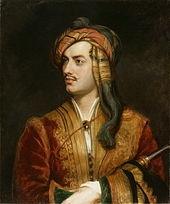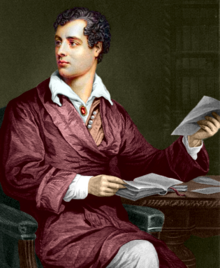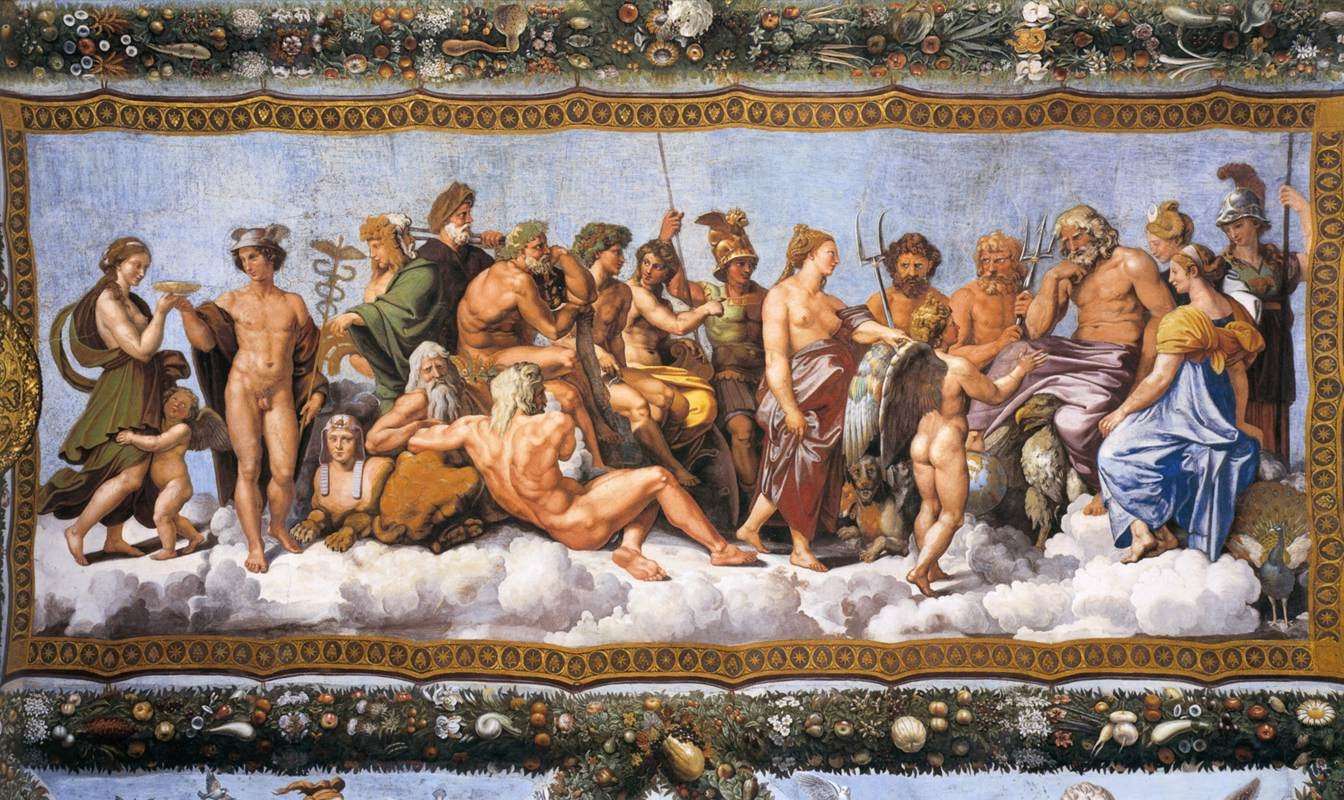*tosses head back chuckling*
Ah, I know where this question comes from. I did a drive-by shooting in a comment thread, saying “no, Albanian is not a creole”.
Fair enough that I should be asked why.
A creole in linguistics is not just a language that you think sounds mixed. It has a specific meaning. Pidgins arise as people speaking different languages try to communicate, without knowing each others’ languages very well. Creoles are languages that have developed out of a pidgin, as children learn it as their native language.
Now, the thing about pidgins that is truly characteristic is not that that they have a mixed vocabulary. They can in theory, because they are common improvised languages for people who speak different languages. But in fact usually they don’t: most modern pidgins arose in situations of slavery or near-slavery, and the vocabulary is mostly the colonialists’ vocabulary. (And often baby-talk at that, because the colonialists really did talk down to their slaves.)
What is characteristic about pidgins is that they have extremely simple, stripped down grammars. They have minimal inflection and rigid syntax. After all, they are the language you speak when you don’t have a language in common: so you end up stripping language to its basics.
Creoles (as linguists define them) have a lot more grammar than pidgins; and the grammar starts having the quirks and peculiarities and exceptions that we are used to in most human languages. But even so, compared to their source languages, they remain on the simple side grammatically. Compare Haitian Creole with French, for example.
Now, you will hear speculation that English is a creole. But that’s not because of the mixture of French and Germanic vocabulary after 1066. That was a socially stratified situation, nothing creole about it. If English is a creole (which I’m not convinced by), it happened earlier, when the Vikings came to town: the lexicon of the Norsemen and the Anglo-Saxons was the same, the inflections were different, so they just dropped the inflections. Which amounts to dropping the grammar, like pidgins do.
OK. Albanian has a recognisably Albanian core vocabulary. It also has a substantial amount of Latin vocabulary, and some Greek. In fact, the amount of non-Albanian vocabulary in Albanian is remarkable among Indo-European languages—just as it is for Armenian. So, it has a mixed vocabulary. Like English does.
But that doesn’t make it a creole. That just means intense language contact, and high social prestige of Latin and Greek—which is also how English got all its French and Latin vocabulary. If you’re looking for evidence of a creole, you want to check for a minimal grammar, with almost no inflection.
That’s not what you get in Albanian. What you get is all the inflections and complexity you’d expect of a relatively archaic Indo-European language. Hence, no creole.
There’s only one language in the Balkans for which there’s been speculation of creolisation: Tsakonian. The guy who speculated on it was Dirk Hesseling, who was an expert on both creoles and Tsakonian—and got a town meeting in Leonidion to vote a protest against him. Hesseling had invented a hammer, so everything to him seemed a nail; but Tsakonian has clearly undergone some sort of inflectional meltdown in its history. No sign of that in Albanian.


